Public spaces in Bujumbura, Burundi’s economic capital, are rapidly disappearing due to poor urban planning and corruption among local officials, according to environmental experts and civil society organizations.
In a recent statement shared on social media platform X, the anti-corruption watchdog OLUCOME sounded the alarm over the shrinking green spaces and increasing encroachment on environmentally protected areas around Lake Tanganyika and its tributaries. The organization warned that illegal construction and commercial exploitation are endangering the city’s natural landscapes and violating environmental regulations.
“Public spaces are disappearing in the city of Bujumbura,” according to OLUCOME’s statement. “Even the ones that remain are threatened by commercial activities or are poorly maintained.”
At the heart of the issue is the ongoing violation of legal buffer zones designed to protect aquatic ecosystems. The Water Code mandates a 150-meter buffer around Lake Tanganyika and a 25-meter buffer for rivers and streams. However, construction within these protected zones has continued with little enforcement.
“These violations have serious consequences,” said Professor Gaspard Ntakimazi, a specialist in aquatic ecosystems. “People made a mistake by settling in areas that were meant for wildlife.” He cited a rise in human-wildlife conflicts, including recent incidents where hippopotamuses attacked residents living near lakes and rivers.
In one case that drew widespread public attention, a hippopotamus was struck and killed by a vehicle in Bujumbura just three months ago — an incident the city’s mayor, Jimmy Hatungimana, acknowledged as part of a broader challenge. Hatungimana pointed to the difficulty of demolishing illegal structures built within the prohibited 250-meter perimeter around the lake.
The problem extends beyond environmental degradation to also affect livelihoods. In 2023, fishermen in the Kajaga area of Bujumbura raised concerns over illegal housing developments interfering with their activities. The digital media platform Yaga reported that the fishermen called on the government to uphold the 150-meter rule and protect their workspace.
Burundi is a signatory to international environmental agreements such as the Ramsar Convention and the Convention on Biological Diversity (CBD), which require the country to safeguard its wetlands and biodiversity. Domestically, Article 140 of Burundi’s Environmental Code mandates land-use planning that includes protecting aquatic zones. Yet implementation remains weak.
“Areas within 150 meters of the lake are designated as non-exploitable,” said environmental expert Innocent Banirwaninzigo, according to local newspaper Iwacu. “Anyone wishing to use this land must receive special authorization and conduct environmental and social impact assessments. But today, this process is widely ignored.”
According to OLUCOME, these violations are often facilitated by corrupt officials who authorize illegal construction in exchange for bribes or political favors. With the government emphasizing the tourism sector in its Vision 2040–2060 development plan, the watchdog has called for a comprehensive review of the urban development blueprint and concrete measures to protect public spaces.
Despite repeated attempts for comment, Burundi’s Ministry of Infrastructure had not responded to OLUCOME’s allegations as of Tuesday.

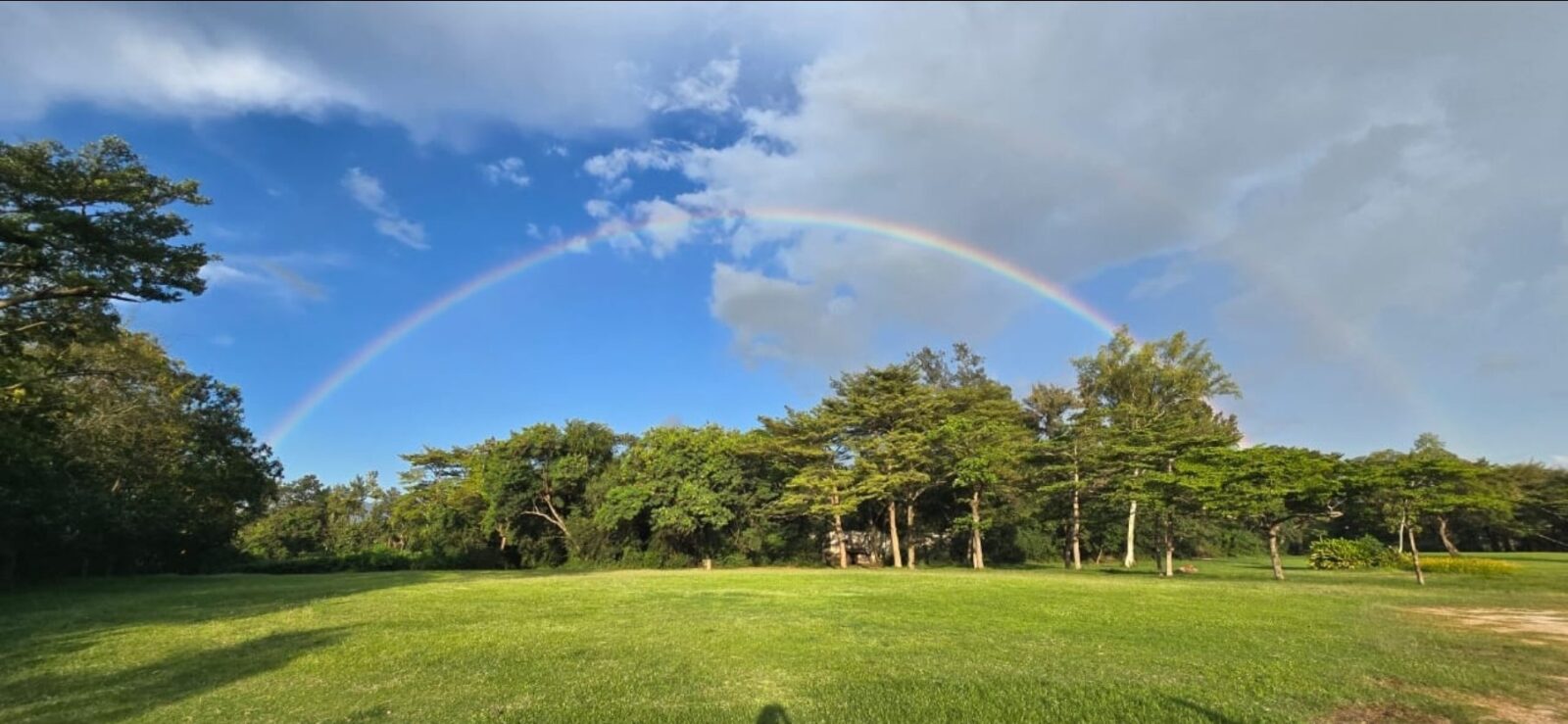


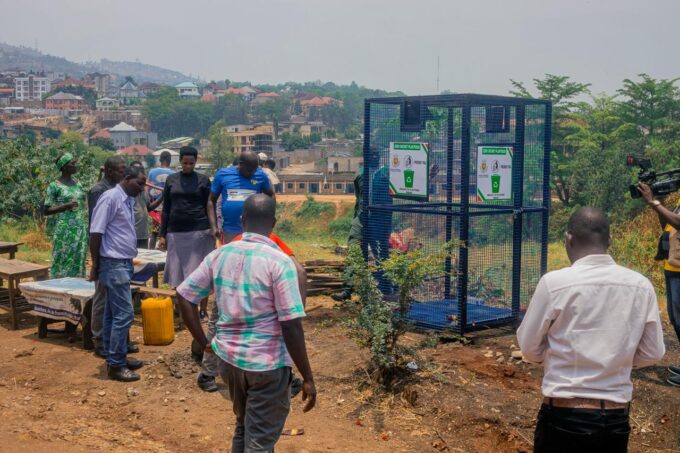
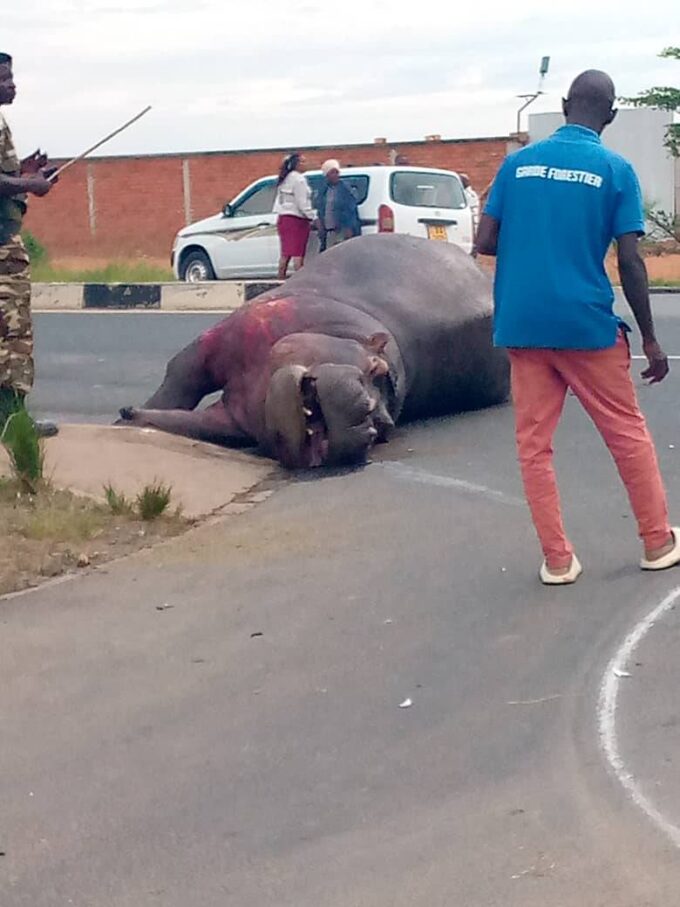
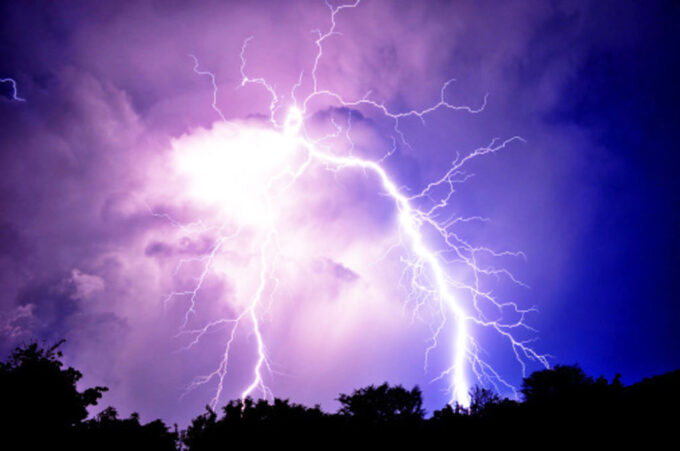
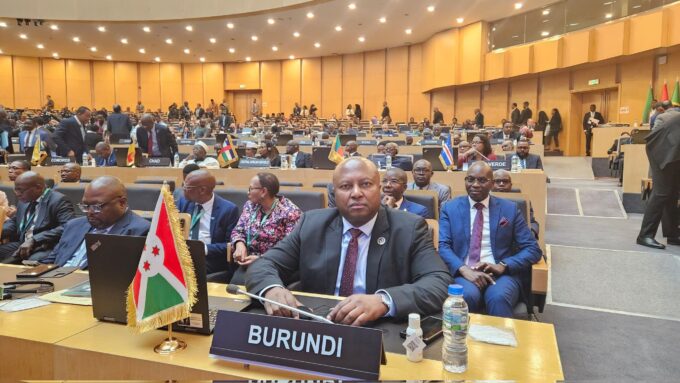
Leave a comment